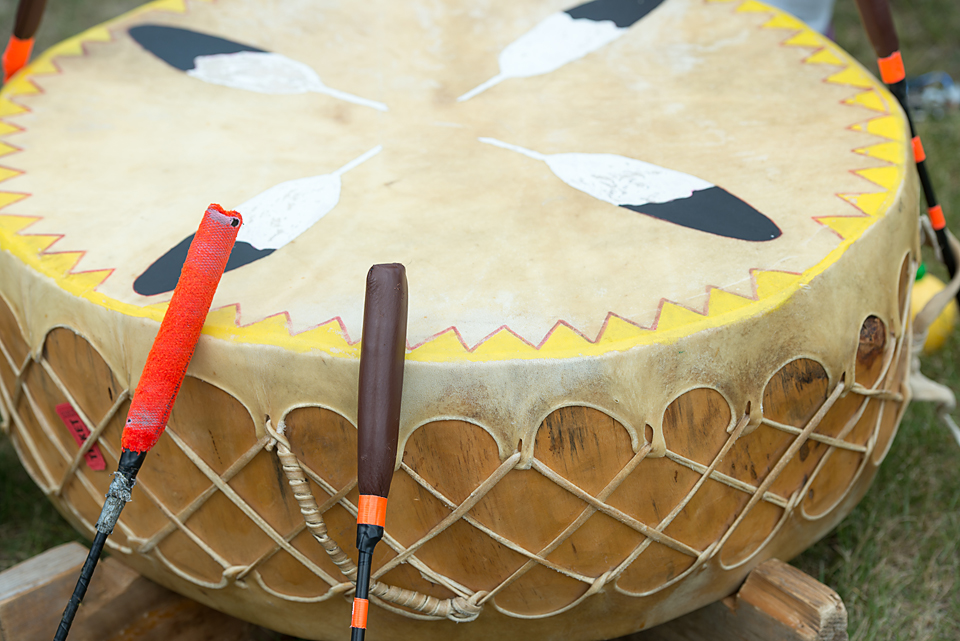Indigenous Tourism BC Releases Labour Market Research, Indigenous Tourism Labour Strategy and a Guide to Wise HR Practices

Research shows significant growth in BC’s Indigenous tourism industry
Vancouver, B.C. (June 29, 2021) – Indigenous Tourism BC (ITBC) releases “Indigenous Tourism Labour Market Research: Roots to a Future Research Findings 2020-21”, the “BC Indigenous Tourism Strategic Plan,” and “Wise Ways: A Guide of Smart Practices to Attracting and Retaining Indigenous Talent.” This project launched in November 2019 in response to a critical labour shortage and growing demand for labour in the Indigenous and non-Indigenous tourism industry. This project is funded by the Province of British Columbia and Government of Canada through the Sector Labour Market Partnerships program.
“Indigenous Tourism is one of the fastest growing parts of the tourism sector and we want to ensure businesses have people to do the work so they can continue to grow,” said Melanie Mark, Minister of Tourism, Arts, Culture and Sport. “Creating tools to attract, train and retain Indigenous people to obtain critically important jobs in the tourism sector can advance economic and cultural reconciliation and increased understanding for our culture and practices by visitors near and far.”
The research report shows there were 488 Indigenous tourism businesses in British Columbia in early 2020. These businesses were employing 4,248 people, with a potential of inspiring another 14,500 Indigenous people to build careers in the tourism industry. This research report, strategy and smart practice guide will support a path to build on this success and create growth for Indigenous tourism employment.
ITBC Chair Brenda Baptiste says, “We were preparing for continued growth with this project when the global COVID-19 pandemic was announced. In the footsteps of our ancestors, we shifted our focus to strategies to support Indigenous people and Indigenous tourism businesses to navigate the pandemic and devastating impacts on the tourism industry.”
The research report follows the Literature review which summarizes studies and research on the Indigenous tourism labour force (available online at https://www.indigenousbc.com/corporate/content/uploads/2020/11/REPORT-2020-ITBC-Labour-Market-Research-Literature-Review-2020-04-17-FINAL20200630.pdf). The Indigenous Tourism Labour Strategy outlines strategic approaches and partnerships, training and recruitment supports for Indigenous people, while the “Wise Ways” guide offers ideas on how to recruit and hire Indigenous staff, and build a workplace that retains Indigenous talent.
Baptiste adds, “Our industry has experienced incredible success over the past several years, and we anticipate employment returning to 2019 levels by 2024. ITBC will ensure Indigenous tourism experiences and First Nations have the capacity to grow our industry and continue to showcase our culture, history and story that make British Columbia truly unique among global tourism destinations.”
To learn more about Indigenous Tourism BC and the recent labour market research, visit www.indigenousbc.com/corporate
-###-
About Indigenous Tourism BC
Indigenous Tourism BC (ITBC) is a non-profit, Stakeholder-based organization committed to growing and promoting a sustainable, culturally rich Indigenous tourism industry. Through training, information resources, networking opportunities and cooperative marketing programs, ITBC is a resource for Indigenous entrepreneurs and communities in BC who are operating or looking to start a tourism business. ITBC works closely with tourism, business, education and government organizations to help BC’s Indigenous tourism businesses offer quality experiences and actively promote these experiences to visitors and local residents. www.indigenousbc.com
Media Contacts:
Nine Point Agency | www.ninepointagency.com
Gemma Bishop | 604-375-6953 | [email protected]
Anna Stuber | 604-562-0722 | [email protected]
Research Report Highlights:
- Of all Indigenous tourism businesses, the 2019 size of the workforce was roughly 4,248.
- A Conference Board of Canada study for Tourism HR Canada in 2018 uncovered that 16% of Indigenous people wanted to work in tourism but could not find a job.[1]
- The Indigenous population available for work and interested in working in tourism is estimated at 14,497.
- 33% of Indigenous tourism employers experienced challenges recruiting workers for their business in 2019. Reasons include not being able to provide candidates with competitive salaries (41%), lack of access to appropriate housing (38%), and lack of appropriate training/educational opportunities (38%).
- Those positions cited by Indigenous tourism employers as being most challenging to recruit (10+%) were linked to cook, guiding, retail sales, driver, cleaner, desk clerk, chef, and musician positions.
- There are several constraints to Indigenous tourism businesses and Indigenous people that limit Indigenous business development and deter people from entering and advancing in the Indigenous tourism industry, such as Indigenous community infrastructure like internet connectivity and affordable internet, transportation, and housing.
- There is a growing demographic of Indigenous people suited to careers in the tourism industry. However, there is increasing competition both within and beyond the Indigenous tourism sector.
[1] Bottom Line: Bridging the Labour Gap. Conference Board of Canada. 2017. Report for Tourism HR Canada. Ottawa, ON. March 2018. https://www.go2hr.ca/wp-content/uploads/2018/04/Tourism-HR-Canada-Bottom-Line-Summary-March-2018.pdf
BC Indigenous Tourism Strategic Plan
Roots to a Future Research Findings 2020-21
Wise Ways: A Guide of Smart Practices to Attracting and Retaining Indigenous Talent
Regional Profile – Vancouver Island
Regional Profile – Vancouver Coast & Mountains
Regional Profile – Thompson Okanagan
Regional Profile – Northern BC